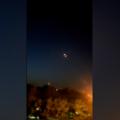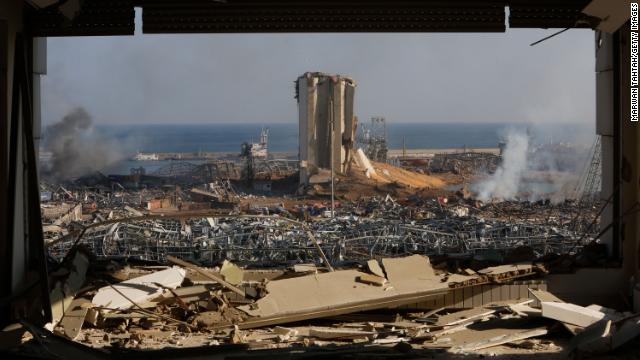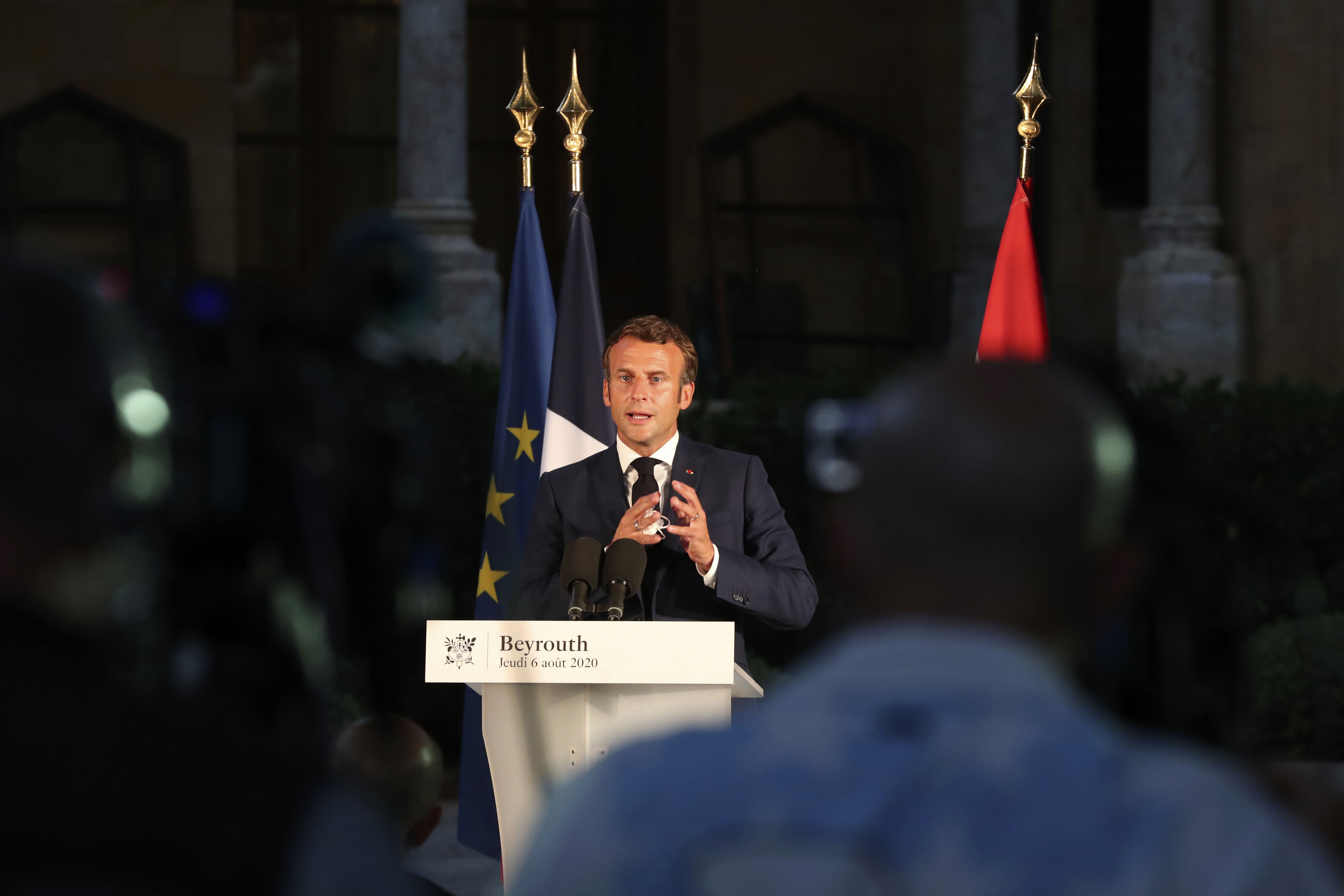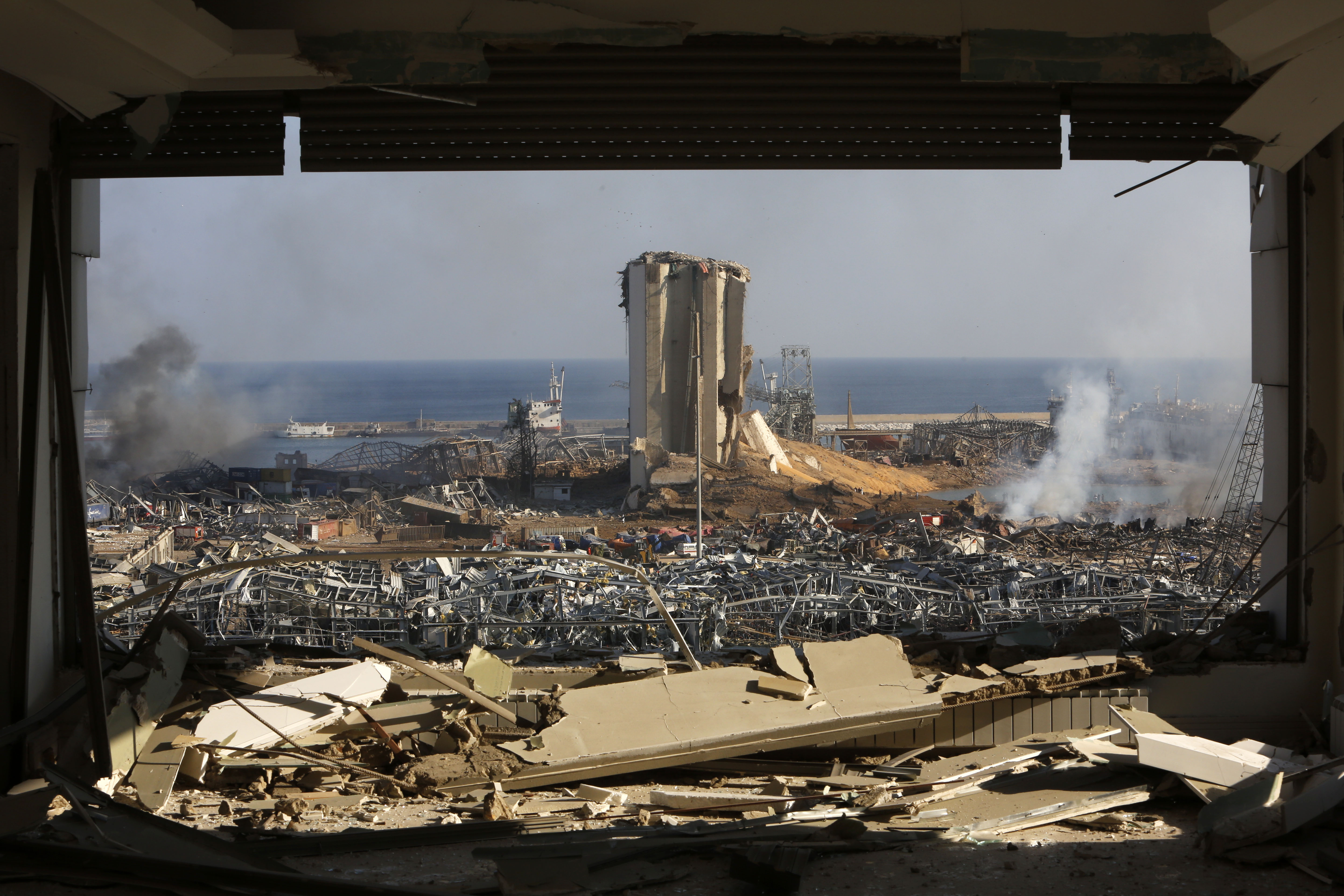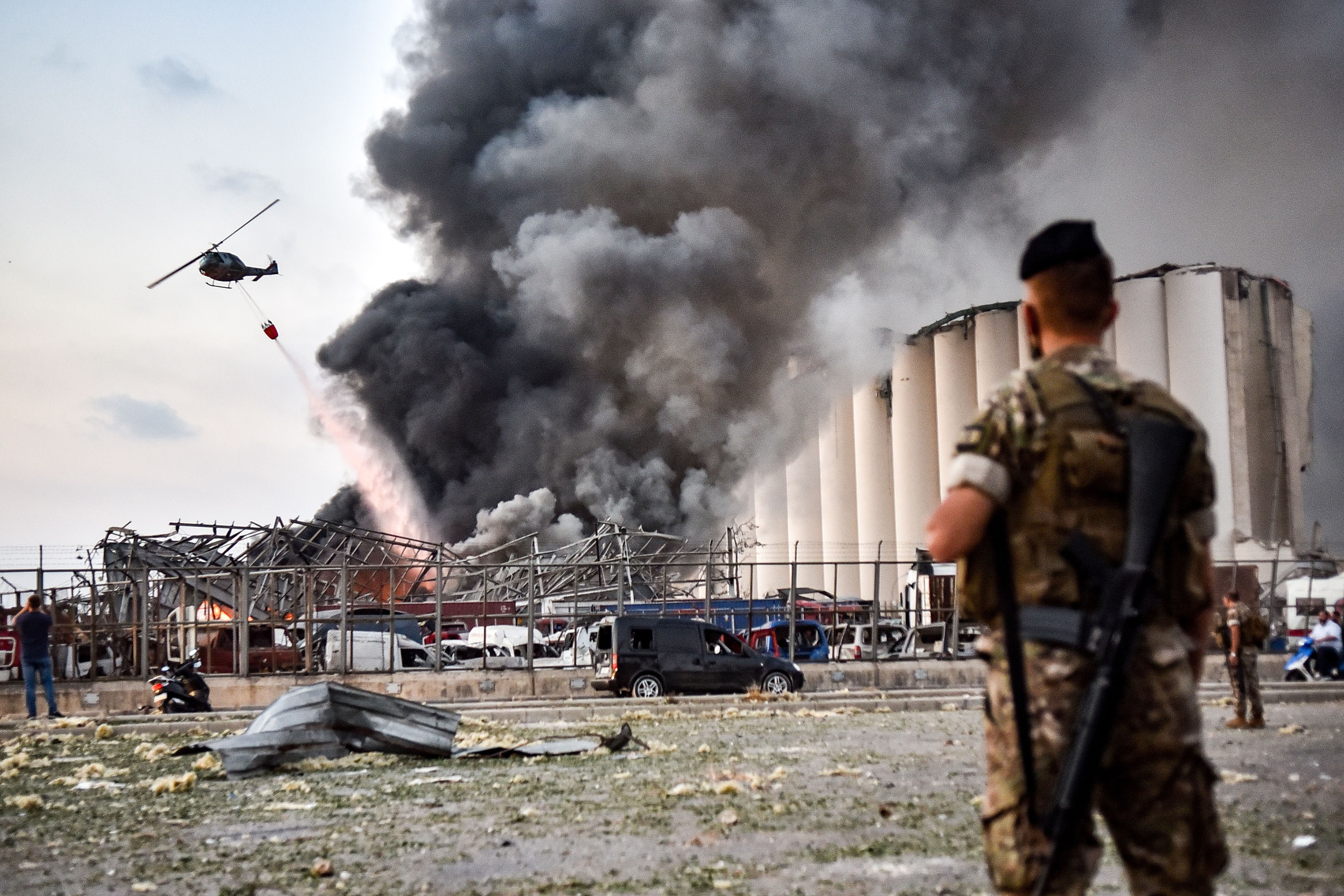A massive explosion that rocked the Lebanese capital of Beirut on Tuesday left at least 137 people dead and thousands injured.
Here's what we know about the blast so far:
- Ongoing investigation: At least 16 employees of Beirut's port have been detained as part of an investigation into the explosion that shook the capital, Lebanese National News [NNA] agency said Thursday.
- International support: The US military is sending three C-17 transport aircrafts to Lebanon in order to provide relief supplies to the Lebanese people. French aid to Beirut "will not go to corrupt hands," French President Emmanuel Macron told Lebanese protesters on Thursday, an Elysée spokesperson told CNN.
- The blast: The explosion took place at 6:07 p.m. local time Tuesday near Beirut's port and central district, close to many highly-populated areas and tourist sites. Beirut's governor Marwan Abboud told reporters that the explosion had resulted in an estimated $3 to $5 billion in damage.
- The aftermath: A crater created by the explosion appeared to be roughly 124 meters, or 405 feet, in diameter — well over a football field in length, according to CNN analysis of a Planet Labs, Inc. satellite image.
- Impact to residents: Abboud told Jordan's state-owned channel Al Mamlaka that at least 300,000 people were "unable to sleep in their homes."


